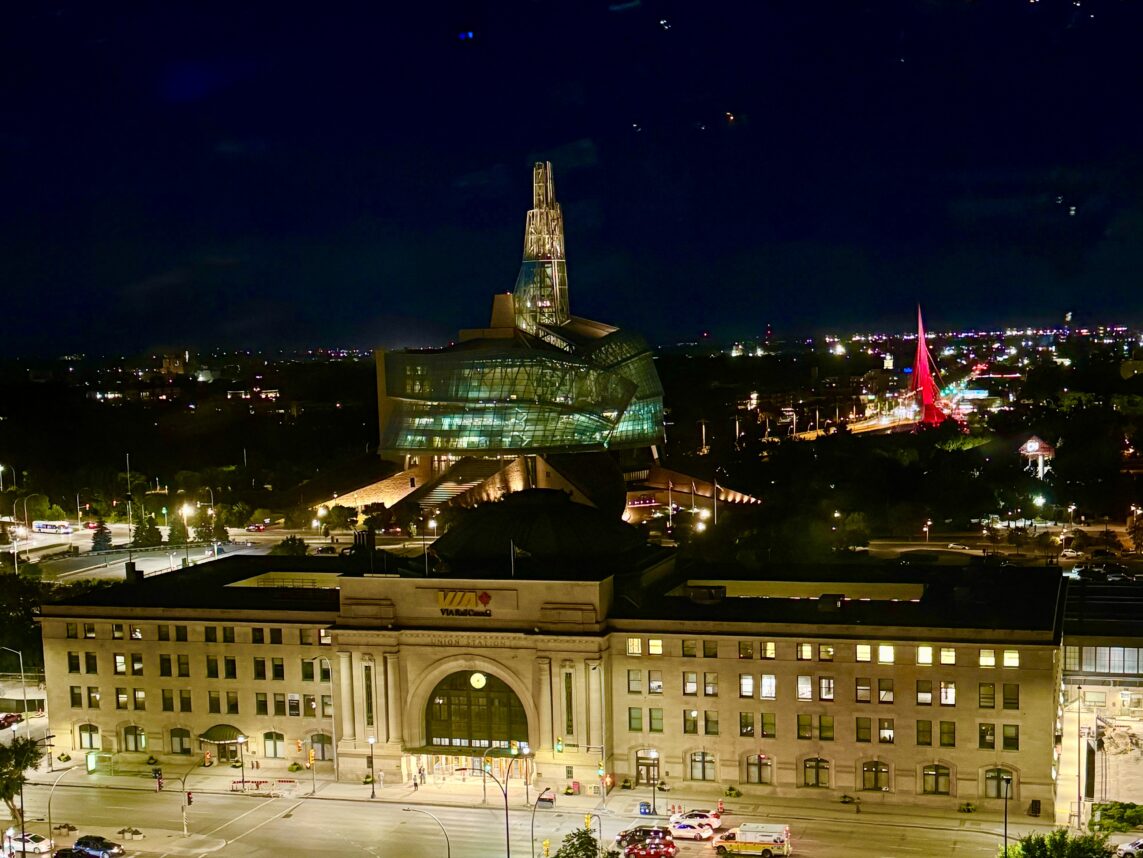Why is it that the majority of Jews in Los Angeles and in the San Fernando Valley oppose secession?
The most recent poll that counted Jewish voters, conducted last July by the Los Angeles Times, found that 57 percent of Jewish voters opposed secession and 34 percent said they were for it, with only 9 percent saying they were undecided.
Although the number of Jewish voters was too low to allow for a breakdown of Valley Jews versus city Jews, Susan Pinkus, director of the Times Poll, said that even in the Valley, Jewish voters were strongly against the breakup.
It is too easy to dismiss these numbers as yet another example of knee-jerk Jewish liberalism. In fact, secession is one of those issues that has defied the old left/right labels. At a secession debate I moderated, former 5th District Los Angeles City Councilman Michael Feuer went toe-to-toe with former Assemblyman Richard Katz, and both agreed it was perhaps the first time in their political careers that the two Democrats disagreed.
If anything, the Jewish tilt against secession is the mark of determined conservatism. Jews on both sides of the Santa Monica Mountains are among the region’s most prosperous, most settled groups. We all want the city to work better for everyone. But trying to cure it in one fell swoop strikes us as radically risky, when we, of all groups, have so much at stake in the status quo. This is true whether you’re a real estate developer in West Hills or a downtown power broker.
Most Jews I know laughed off Mayor James Hahn’s pronouncement that secession would prove to be "a disaster of biblical proportions." But neither do they buy the secession boosters’ arguments that splitting up is just the tonic for what ails us. The wisest words I’ve come across on the entire debate were spoken by County Supervisor Zev Yaroslavsky in an interview with our reporter Wendy J. Madnick this past May. "The pro-secessionists who say this is the panacea to end all of the ills of living here are, to say the least, overstating their case," Yaroslavsky said, "and the people who are against secession and are running around saying this will be Armageddon are also overstating. We’ve had reorganizations of cities before. I don’t think people should be fearful the world is going to end."
Secession proponents, to their credit, have a vision and a plan. What they lack is proof. I asked Katz at that debate what precedents there are for the kind of urban breakup the secession measure called for on the Nov. 5 ballot. The answer is none.
Many of secession’s most ardent promoters are Jewish, such as Katz, Assemblyman Keith Richman, Valley VOTE leader Richard Close and Daily News Managing Editor Ron Kaye. But they have failed to convince others in the Jewish community that an independent Valley city would be a net plus for either the Valley or the city.
If you want to convince Jewish voters, you need to talk about crime, education and economic growth. But secession’s impact on the Los Angeles Unified School District (LAUSD) would be, in the short-run, nil. Forming new municipalities is no guarantee that the state would approve breaking up LAUSD. Harvey Englander, who ran Richman’s assembly campaign, has said that secession advocates made a critical mistake by focusing on city breakup before taking on LAUSD.
As for crime, Hahn’s recent appointment of William Bratton as chief of police was perhaps his greatest single blow to the secession movement. It signaled his willingness to take a huge political risk — replacing Bernard Parks — to address issues Valley residents have rightly complained about for years.
Beyond the issues of crime and education, the burden of proof for Jewish voters in this contest is so great because of the value Jews place on the very idea of unity. It is an ideal we strive for, even if — as the breakdown in Israel’s ruling government this week demonstrated — it so often proves elusive. At least half the Jewish population of Los Angeles County lives in the San Fernando Valley. For Jews in Los Angeles, there’s hardly an Iron Curtain across the 405, not even so much as a Linen Drape. I, for one, was born and raised in the Valley. I live in Venice and my work takes me to North Hills, Van Nuys, downtown and Brentwood. Most of the Jewish Angelenos I meet in those parts of Los Angeles all want a smarter, better-run city. They also want to feel like they are a part of a larger, cohesive community. In times like these, there seems to be great comfort in the idea of togetherness — a sense of strength in numbers.
Secession as a movement may not have caught fire with Jewish voters, but the issues that lay behind it will still smolder after this election. In that sense, secession proponents deserve great credit for forcing elected officials and the rest of us to confront the bigger issues of governance, fairness and resource allocation, to stop doing business as usual, to listen.























 More news and opinions than at a Shabbat dinner, right in your inbox.
More news and opinions than at a Shabbat dinner, right in your inbox.